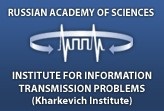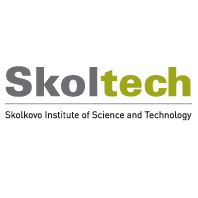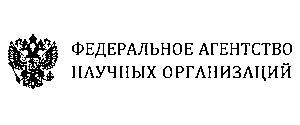Future Internet
Telecommunication technologies are continuously evolving due to the rapid change of imposed functional requirements. Specifically, a quarter-century ago, most problems actual for that time were successfully solved by wired networks connecting desktop computers. Then there was the need for the Internet access anytime and anywhere. Nowadays, we are witnessing the emergence of the Internet of Things, the ecosystem of billions (according to some estimations, even trillions) of autonomous devices (sensors, controllers, robots, household appliances, automobiles, machine tools, etc) interacting with each other. Thus, the future Internet will connect people and "things" becoming the Internet of Everything.
The practical development of this concept is determined by the development of wireless networking technologies which are facing a number of challenges: the exponential growth of traffic, the increase of the number and density of wireless network devices, the rapid development of a new type of communications between autonomous systems, physical objects and manufacturing processes. The development of these technologies is impossible without a substantial progress in the field of coding theory, modulation and coding schemes, channel access methods, theory and recommended practice of reliable data delivery in multihop wireless networks (wireless mesh networks), mathematical methods for modelling and performance evaluation of networks and their protocols. The Future Internet platform aims to disscuss the fruitful ideas favourable for the next generation communication.
Topics:
- next generation networks and their architectures,
- 5G wireless networks,
- multihop wireless networks (MANET, VANET, mesh, DAWN, sensor),
- software defined networking (SDN) and network virtualization,
- Device-to-Device communications,
- Internet of Things and Machine-to-Machine communications,
- cognitive radio networks,
- energy-efficient protocols, green networks and power management,
- integration and co-existence of heterogeneous technologies,
- novel applications and services,
- cross-layer design and optimization,
- QoS and resource management,
- mathematical modeling and performance evaluation,
- simulation, implementation and testbeds,
- operating systems and middleware support for networking,
- linear codes,
- combinatorial codes and designs,
- algebraic geometry codes for Next generation communication,
- fast decoding algorithms,
- channels with side information,
- new mathematical problems in coding theory.







